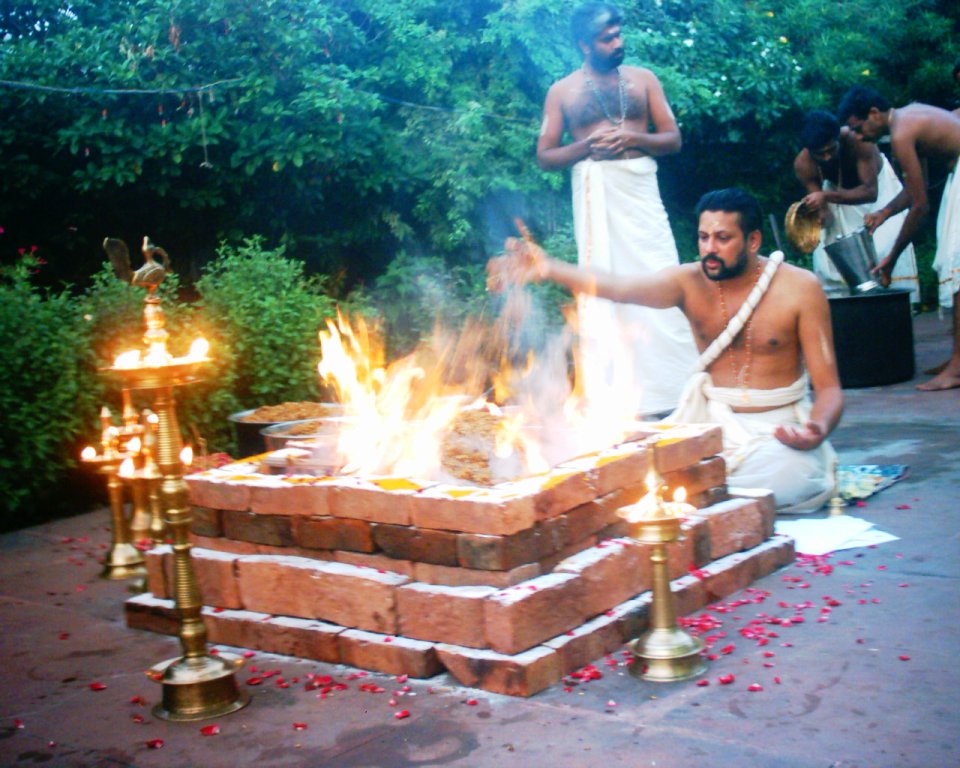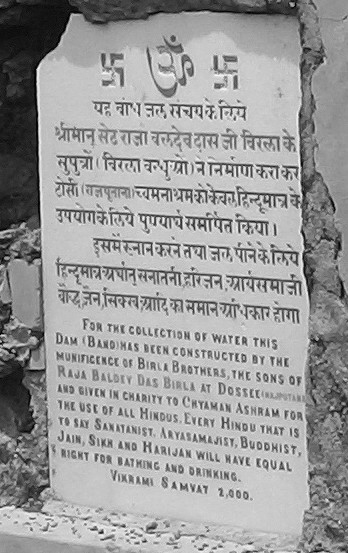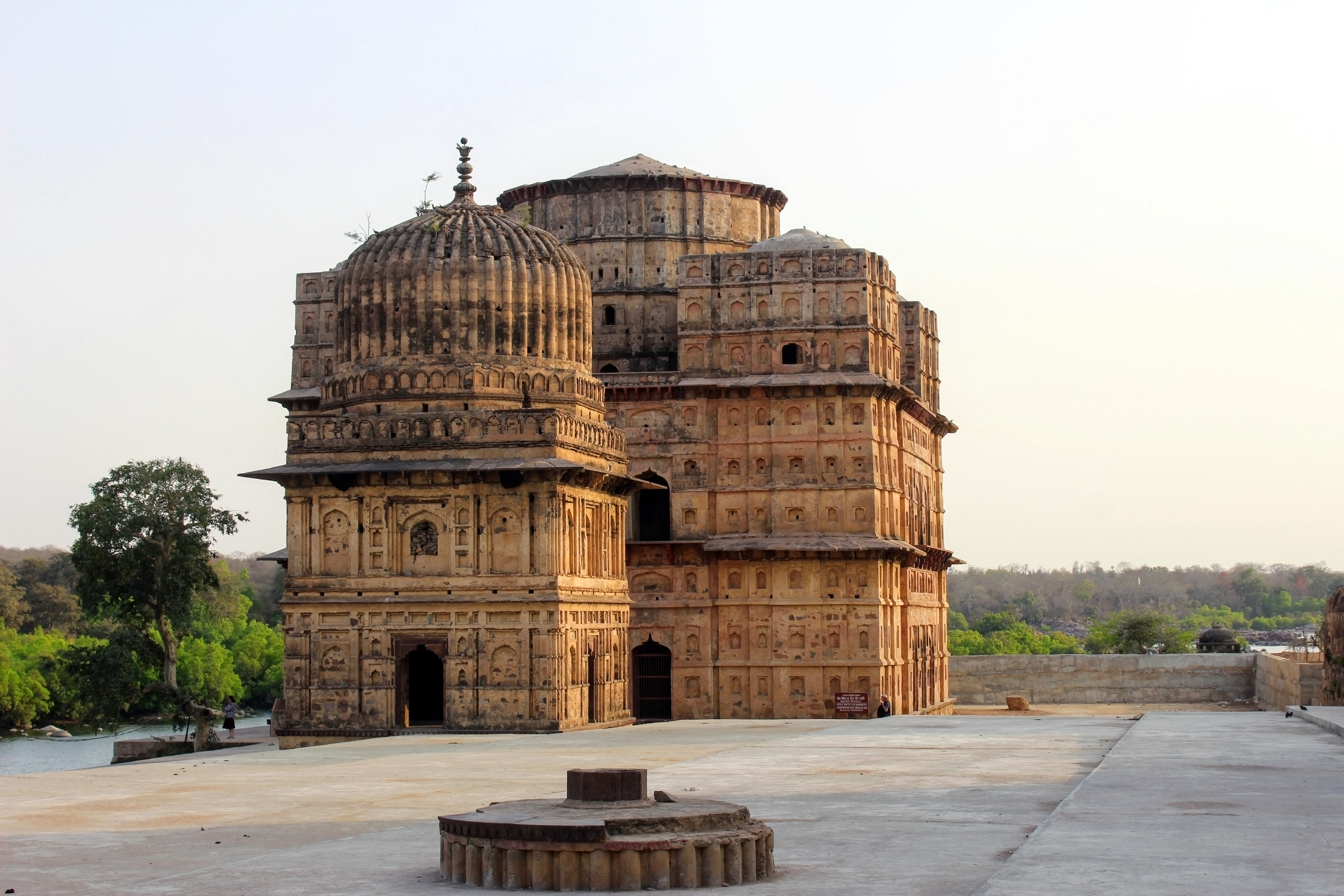|
Laxminarayan Temple
The Laxminarayan Mandir, also known as the ''Birla Mandir'', is a Hindu temple up to large extent dedicated to Laxminarayan in Delhi, India. Laxminarayan usually refers to Vishnu, Preserver in the Trimurti, also known as Narayan, when he is with his consort Lakshmi. The temple, inaugurated by Mahatma Gandhi, was built by Jugal Kishore Birla from 1933 and 1939. The side temples are dedicated to Shiva, Krishna and Buddha. It was the first large Hindu temple built in Delhi. The temple is spread over 3 hectares (7.5 acres), adorned with many shrines, fountains, and a large garden with Hindu and Nationalistic sculptures, and also houses Geeta Bhawan for discourses. The temple is one of the major attractions of Delhi and attracts thousands of devotees on the festivals of Janmashtami and Diwali. History The construction of the temple dedicated to Laxmi Narayana started in 1933, built by industrialist and philanthropist, Baldeo Das Birla and his son Jugal Kishore Birla of the Bi ... [...More Info...] [...Related Items...] OR: [Wikipedia] [Google] [Baidu] |
Baldeo Das Birla
Baldeo Das Birla was an Indian entrepreneur. He contributed to the establishment of the Medical College Calcutta, and also built the Laxminarayan Temple, Delhi, also known as ''Birla Mandir'', which was inaugurated by Mahatma Gandhi in 1939. Business When Britain was trading opium with China, Baldeo Das Birla, who was an adopted son of Shiv Narayan Birla used this opportunity to engage cargo ships in partnership with other tradesmen to trade opium with China. In 1887, Baldeo Das moved to Calcutta to set up business. Personal life In the book by his great-grandson, Yash Birla mentioned that Baldeo Das Birla was named Raja by the British. The book further states that both Baldeo and his wife were both simple people who were deeply religious and superstitious. Baladeo Birla and his wife had four sons: Jugal Kishore, Rameshwar Das, Ghanshyam Das Birla Ghanshyam Das Birla (10 April 1894 – 11 June 1983) was an Indian businessman and member of the Birla Family. Birl ... [...More Info...] [...Related Items...] OR: [Wikipedia] [Google] [Baidu] |
India
India, officially the Republic of India (Hindi: ), is a country in South Asia. It is the seventh-largest country by area, the second-most populous country, and the most populous democracy in the world. Bounded by the Indian Ocean on the south, the Arabian Sea on the southwest, and the Bay of Bengal on the southeast, it shares land borders with Pakistan to the west; China, Nepal, and Bhutan to the north; and Bangladesh and Myanmar to the east. In the Indian Ocean, India is in the vicinity of Sri Lanka and the Maldives; its Andaman and Nicobar Islands share a maritime border with Thailand, Myanmar, and Indonesia. Modern humans arrived on the Indian subcontinent from Africa no later than 55,000 years ago., "Y-Chromosome and Mt-DNA data support the colonization of South Asia by modern humans originating in Africa. ... Coalescence dates for most non-European populations average to between 73–55 ka.", "Modern human beings—''Homo sapiens''—originated in Africa. Then, int ... [...More Info...] [...Related Items...] OR: [Wikipedia] [Google] [Baidu] |
Krishna
Krishna (; sa, कृष्ण ) is a major deity in Hinduism. He is worshipped as the eighth avatar of Vishnu and also as the Supreme god in his own right. He is the god of protection, compassion, tenderness, and love; and is one of the most popular and widely revered among Indian divinities. Krishna's birthday is celebrated every year by Hindus on Krishna Janmashtami according to the lunisolar Hindu calendar, which falls in late August or early September of the Gregorian calendar. The anecdotes and narratives of Krishna's life are generally titled as ''Krishna Leela''. He is a central character in the ''Mahabharata'', the '' Bhagavata Purana'', the ''Brahma Vaivarta Purana,'' and the '' Bhagavad Gita'', and is mentioned in many Hindu philosophical, theological, and mythological texts. They portray him in various perspectives: as a god-child, a prankster, a model lover, a divine hero, and the universal supreme being. Quote: "Krsna's various appearances as a di ... [...More Info...] [...Related Items...] OR: [Wikipedia] [Google] [Baidu] |
Varanasi
Varanasi (; ; also Banaras or Benares (; ), and Kashi.) is a city on the Ganges river in northern India that has a central place in the traditions of pilgrimage, death, and mourning in the Hindu world. * * * * The city has a syncretic tradition of Muslim artisanship that underpins its religious tourism. * * * * * Located in the middle-Ganges valley in the southeastern part of the state of Uttar Pradesh, Varanasi lies on the left bank of the river. It is to the southeast of India's capital New Delhi and to the east of the state capital, Lucknow. It lies downstream of Allahabad (officially Prayagraj), where the confluence with the Yamuna river is another major Hindu pilgrimage site. Varanasi is one of the world's oldest continually inhabited cities. Kashi, its ancient name, was associated with a kingdom of the same name of 2,500 years ago. The Lion capital of Ashoka at nearby Sarnath has been interpreted to be a commemoration of the Buddha's first sermon there ... [...More Info...] [...Related Items...] OR: [Wikipedia] [Google] [Baidu] |
Birla Mandir,Delhi
Birla may refer to: * Birla family * Members of the Birla family: ** Aditya Vikram Birla ** Ananya Birla ** Basant Kumar Birla ** G. D. Birla ** K. K. Birla ** C. K. Birla ** Kumar Mangalam Birla See also * Burla (other) Burla may refer to: People * Burla (surname) Places *Burla, India, a town in India * Burla, Suceava, a commune in Suceava County, Romania *Burla, a village in Unțeni Commune, Botoșani County, Romania * Burla, Russia, a rural locality (a ''selo ... {{surname Birla family ... [...More Info...] [...Related Items...] OR: [Wikipedia] [Google] [Baidu] |
Birla Temple
Birla Mandir (Birla Temple) refers to different Hindu temples or Mandirs built by the Birla family, in different cities across India. All these temples are magnificently built, some of them in white marble or in sandstone. The temples are generally located in a prominent location, carefully designed to accommodate a large number of visitors. The worship and discourses are well organized. The first one was built in 1939 in Delhi collectively by Jugal Kishore Birla and his brothers, as well their father. Later temples have been built by, and are managed by different branches of the family. For both of the temples in Varanasi, the Birlas joined other donors to support the cost. History and design The Birla temples in Delhi and Bhopal were intended to fill a void, because these cities, ruled for centuries by Muslim dynasties, did not have any notable temples, since the ruler did not permit the construction of grand temples with shikharas. Delhi, even though it was the capital ... [...More Info...] [...Related Items...] OR: [Wikipedia] [Google] [Baidu] |
Hindustan Times
''Hindustan Times'' is an Indian English-language daily newspaper based in Delhi. It is the flagship publication of HT Media, an entity controlled by the KK Birla family, and is owned by Shobhana Bhartia. It was founded by Sunder Singh Lyallpuri, founder-father of the Akali movement and the Shiromani Akali Dal, in Delhi and played integral roles in the Indian independence movement as a nationalist daily. ''Hindustan Times'' is one of the largest newspapers in India by circulation. According to the Audit Bureau of Circulations, it has a circulation of 993,645 copies as of November 2017. The Indian Readership Survey 2014 revealed that ''HT'' is the second-most widely read English newspaper in India after ''The Times of India''. It is popular in North India, with simultaneous editions from New Delhi, Mumbai, Lucknow, Patna, Ranchi and Chandigarh. The print location of Nagpur was discontinued from September 1997, and that of Jaipur from June 2006. ''HT'' launched a youth daily ... [...More Info...] [...Related Items...] OR: [Wikipedia] [Google] [Baidu] |
Yagna
Yajna ( sa, यज्ञ, yajña, translit-std=IAST, sacrifice, devotion, worship, offering) refers in Hinduism to any ritual done in front of a sacred fire, often with mantras.SG Nigal (1986), Axiological Approach to the Vedas, Northern Book, , pages 80–81 Yajna has been a Vedic tradition, described in a layer of Vedic literature called Brahmanas, as well as Yajurveda. The tradition has evolved from offering oblations and libations into sacred fire to symbolic offerings in the presence of sacred fire (Agni). Yajna rituals-related texts have been called the ''Karma-kanda'' (ritual works) portion of the Vedic literature, in contrast to ''Jnana-kanda'' (knowledge) portion contained in the Vedic Upanishads. The proper completion of Yajna-like rituals was the focus of Mimansa school of Hindu philosophy. Yajna have continued to play a central role in a Hindu's rites of passage, such as weddings. Modern major Hindu temple ceremonies, Hindu community celebrations, or monastic ini ... [...More Info...] [...Related Items...] OR: [Wikipedia] [Google] [Baidu] |
Udaybhanu Singh
Udaybhanu Singh (12 February 1893 – 22 October 1954) was the ruler of Dholpur State, Dholpur state from 1911–1949, after which the State acceded to the Dominion of India, Union of India. He was from the Bamraulia gotra of Jats. Udaybhanu succeeded his brother Rana Ram Singh, who died without issue in 1911. Udaybhanu received full ruling rights on 9 October 1913. He was educated at Mayo College, Ajmer and later joined the Imperial Cadet Corps at Dehradun. Last ruler of Dholpur He was the last ruler of Dholpur State, Dholpur, and served as a delegate to the Round Table Conference in 1931. After India's independence in 1947, Maharaj Rana Udaybhanu Singh acceded Dholpur to the Dominion of India, Union of India on 7 April 1949. Dholpur was merged with three neighbouring states to form the Matsya Union within the union of India, of which he was made Rajpramukh, but the union was later merged with several other such unions to form the present-day state of Rajasthan. Singh di ... [...More Info...] [...Related Items...] OR: [Wikipedia] [Google] [Baidu] |
Birla Family
The Birla family is a family connected with the industrial and social history of India. Foundations The Birla family origins lie with the Maheshwari caste of Bania Vaishya traders but they were outcast from their traditional community in 1922 when one of their member, Rameshwar Das Birla, was thought to have broken the caste marriage rules. They are Marwari and by convention merchants from Rajasthan are termed Marwari. The family originates from the town of Pilani in the Shekhawati region in North-east Rajasthan. They still maintain their residence in Pilani and run several educational institutions there, including the BITS, Pilani. Shiv Narayan Birla In Pilani during the early 19th century lived Seth Shobharam, grandson of Seth Bhudharmal, a local tradesman of modest means. It was his son, Seth Shiv Narayana (1840–1909), who first ventured outside Pilani. At this time, Ahmedabad was the railhead which serviced trade from a large region of northwest India. Goods (mainly cott ... [...More Info...] [...Related Items...] OR: [Wikipedia] [Google] [Baidu] |
Jugal Kishore Birla
Sheth Jugal Kishore Birla (23 May 1883– 24 June 1967) was scion of the Birla family and eldest son of Baldeo Das Birla. He was a noted industrialist, philanthropist and vocal supporter of Hindu philosophy. Life He started his business career at an early age, joining his father Baldeodas Birla in Calcutta and soon came to be known as reputed trader and speculator in opium, silver, spice and other trades from which Birlas later diversified into trading of jute and other items like cotton during and after World War I, by which time his younger brother Ghanshyam Das Birla had also joined the business. The family firm, which was till 1918 was run as Baldeodas Jugalkishore, was made into limited company known as Birla Brothers Limited. When at one point of time in early career of his life Ghanshyam Das Birla, suffered heavy losses and had decided to sell the mill to Andrew Yule group, Jugal Kishore stood by him and told him not to worry about money but to run the mill as effici ... [...More Info...] [...Related Items...] OR: [Wikipedia] [Google] [Baidu] |
Vir Singh Deo
Vir Singh Deo, also known as Bir Singh Dev, was a Bundela Rajput chief and the ruler of the kingdom of Orchha. He was a vassal of the Mughal Empire. and ruled between 1605 and either 1626 or 1627. Vir Singh Deo assassinated Abul Fazl who was returning from Deccan in a plot contrived by the Mughal Prince Salim. According to Aruna, he is "the most famous and most powerful of all the Orchha Chiefs. A man of dashing personality, a great warrior and no scruples, a bold and organised administrator". He was considered to built the Jhansi fort Deo was among the Rajput rulers of his era who sponsored temples in the Brajmandal area that comprised Vrindavan and Mathura. In addition, the Phool Bagh gardens, and the Lakshmi temple were all built by Deo. His mausoleum is located in Orchha, and features both Hindu and Mughal architecture. Vir Singh Deo was succeeded by Jhujhar Singh, the first-born son of the senior of his three queens. Deo was patron to the poet Keshavdas Keshavda ... [...More Info...] [...Related Items...] OR: [Wikipedia] [Google] [Baidu] |








